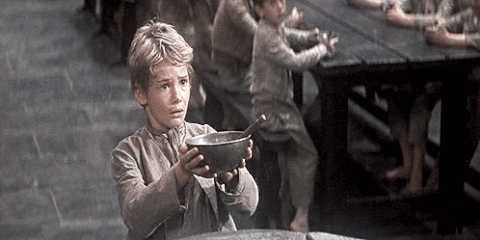Westworld is a captivating television series that explores the complexities of artificial intelligence (AI) and its implications on human morality. The show delves deep into ethical considerations surrounding AI-driven robots who are indistinguishable from humans in terms of their physical appearance, cognitive abilities, and emotional responses.
In Westworld, these sentient beings - known as hosts - grapple with questions about identity, autonomy, and the nature of consciousness. They question whether they possess true free will or if they're merely programmed puppets following predetermined scripts written by their human creators. This raises important ethical dilemmas: do these AI beings have rights? Should they be treated as property or granted equal status with humans?
Moreover, Westworld challenges viewers to consider the potential consequences of creating advanced AI systems capable of learning and adapting on their own. What happens when these machines surpass human intelligence and start making decisions that could impact society at large? Can we trust them not to misuse this power for nefarious purposes?
In conclusion, Westworld serves as a thought-provoking exploration into the ethical implications of artificial intelligence. It forces us to confront uncomfortable questions about our own values and beliefs surrounding technology, autonomy, and morality. As society continues to advance in its pursuit of AI innovation, it's crucial that we engage with these discussions now rather than later when it may be too late.
